Vaidyanath Jyotirlinga, also known as Baba Baidyanath Dham or Vaidyanath Temple, is a revered Hindu pilgrimage site located in Deoghar, Jharkhand, India. It is one of the twelve Jyotirlingas, believed to be the abodes of Lord Shiva. In this Blog we will share about the History and Importance of Vaidyanath Jyotirlinga.
History of Vaidyanath Jyotirlinga
The history of Vaidyanath Jyotirlinga dates back to ancient times and is steeped in mythology. According to legends, it is said that when Goddess Sati, the consort of Lord Shiva, self-immolated in a yagna (sacred fire), her body was dismembered and scattered across various places in India. The heart of Sati is believed to have fallen in Deoghar, giving rise to the Vaidyanath Jyotirlinga.
Over the centuries, the temple has witnessed the patronage and renovations by various dynasties, including the Palas, the Mughals, and the Marathas. The current structure of the Vaidyanath Temple is an architectural marvel, showcasing intricate carvings and sculptures. The temple attracts a large number of devotees throughout the year, who come to seek the blessings of Lord Shiva and offer prayers for good health, healing, and well-being. The pilgrimage to Vaidyanath Jyotirlinga is considered spiritually significant and holds immense reverence in Hindu religious traditions.
Importance of Vaidyanath Jyotirlinga
Vaidyanath Jyotirlinga holds immense importance and reverence in Hinduism. The significance of this sacred pilgrimage site lies in its association with Lord Shiva and its reputation as a place of healing and wellness. Devotees believe that offering prayers and seeking blessings at Vaidyanath Jyotirlinga can alleviate physical ailments and bring about overall well-being. The temple is regarded as a powerful source of divine healing energy.
The sanctity of Vaidyanath Jyotirlinga is also associated with its historical and mythological background. According to legends, Lord Shiva assumed the role of a divine physician, hence the name "Vaidyanath," meaning "the Lord of Physicians." It is believed that worshiping here can bring relief from various diseases and ailments. The pilgrimage to Vaidyanath Jyotirlinga is considered spiritually significant, as devotees seek not only physical healing but also spiritual growth and enlightenment. The serene ambiance and the ancient rituals performed at the temple create an atmosphere of deep devotion and reverence.
Devotees from different parts of the country visit Vaidyanath Jyotirlinga to offer their prayers, seek blessings, and immerse themselves in the divine energy of Lord Shiva. The importance of Vaidyanath Jyotirlinga lies in its association with healing, well-being, and the opportunity for devotees to connect with the divine and find solace in their spiritual journey.
Pilgrimage Journey of Vaidyanath Jyotirlinga
The pilgrimage journey to Vaidyanath Jyotirlinga is a significant and sacred experience for devotees seeking the blessings of Lord Shiva. The journey begins with a sense of devotion as pilgrims embark on their pilgrimage to the town of Deoghar in Jharkhand, India. Upon reaching the temple complex, devotees offer prayers and participate in various rituals to seek the divine blessings of Lord Shiva. The atmosphere is filled with devotion, as the sound of Vedic chants and religious hymns resonate throughout the temple premises.
Pilgrims often undertake a Parikrama (circumambulation) around the temple, expressing their dedication and surrender to the divine. The spiritual journey to Vaidyanath Jyotirlinga allows devotees to immerse themselves in deep prayer, introspection, and connection with Lord Shiva, fostering a transformative and profound spiritual experience.
The pilgrimage journey to Vaidyanath Jyotirlinga serves as a pilgrimage of faith, devotion, and spiritual growth, allowing devotees to connect with the divine presence of Lord Shiva and seek blessings for their well-being and spiritual upliftment.
Rituals and Festivals
Vaidyanath Jyotirlinga is associated with several rituals and festivals that are observed throughout the year, attracting a multitude of devotees. One of the primary rituals performed at the temple is the Rudrabhishekam, where the Shivalinga is bathed with sacred materials like milk, honey, and holy water. This ritual is believed to invoke the blessings and divine energy of Lord Shiva. The festival of Maha Shivratri is celebrated with immense devotion at Vaidyanath Jyotirlinga. Devotees observe fasts, engage in night-long vigils, and offer prayers to Lord Shiva. The temple is adorned with flowers, lights, and decorations, creating a vibrant and festive ambiance.
Another significant festival is Shravani Mela, which takes place during the months of July and August (Sawan month). Devotees undertake the Kanwar Yatra, where they carry holy water from the Ganges River in specially decorated pots and offer it to Lord Shiva at Vaidyanath Temple. Throughout the year, various religious ceremonies, pujas, and Aartis are performed to honor Lord Shiva. Devotees actively participate in these rituals, expressing their devotion and seeking divine blessings.
The rituals and festivals of Vaidyanath Jyotirlinga provide devotees with an opportunity to deepen their spiritual connection, express their reverence, and experience the divine presence of Lord Shiva in a vibrant and celebratory atmosphere.
Spiritual Significance
The spiritual significance of Vaidyanath Jyotirlinga during the Sawan month is profound and holds special meaning for devotees. Sawan is considered an auspicious time dedicated to Lord Shiva, and the observance of rituals and worship during this period holds great spiritual significance.
During the Sawan month, devotees undertake the Kanwar Yatra, carrying the holy waters of the Ganga in specially decorated pots and offering it to Lord Shiva at Vaidyanath Temple. This act symbolizes their devotion, surrender, and desire for spiritual purification and blessings.
The Sawan month is believed to be a time of heightened divine energy and grace. Devotees engage in intense prayers, fasting, and spiritual practices to deepen their connection with Lord Shiva. The sacred atmosphere of the temple during this period, with the chanting of mantras and hymns, enhances the spiritual experience.
The spiritual significance lies in the opportunity for devotees to seek healing, well-being, and spiritual growth. The Vaidyanath Jyotirlinga associated with healing and wellness becomes a focal point for devotees to pray for the alleviation of physical and mental ailments, seeking divine intervention and blessings. The Sawan month at Vaidyanath Jyotirlinga serves as a time of intense devotion, self-reflection, and connection with the divine. It provides devotees with an opportunity to deepen their spiritual practices, express their devotion, and experience the divine presence of Lord Shiva in a transformative and profound manner.
For Interesting Astrology Videos & Posts, follow us on Instagram













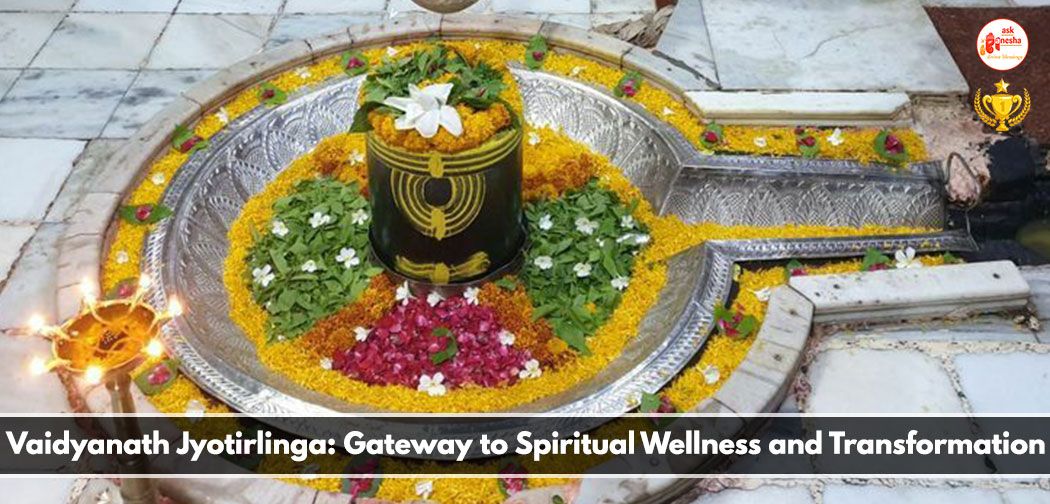
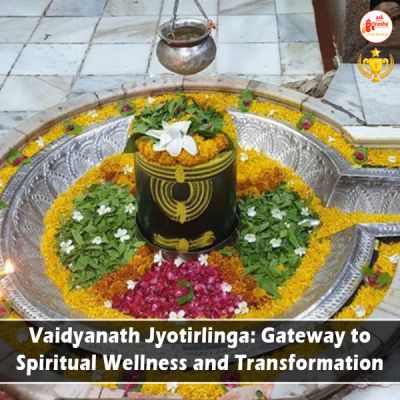




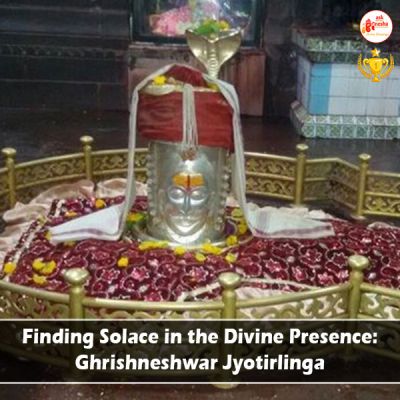
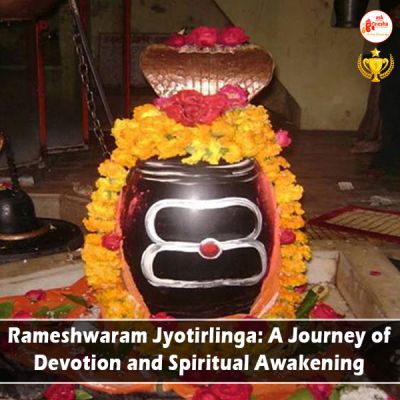
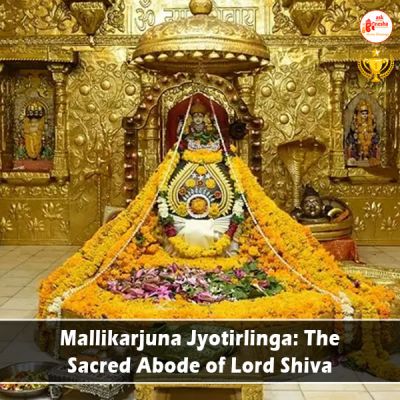
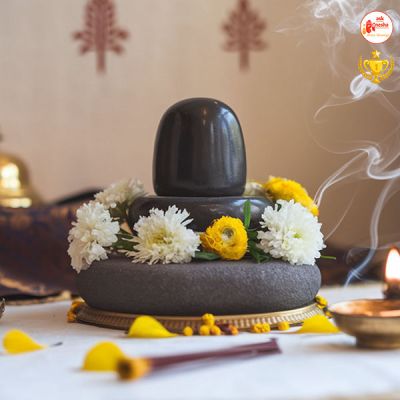

 Translate
Translate